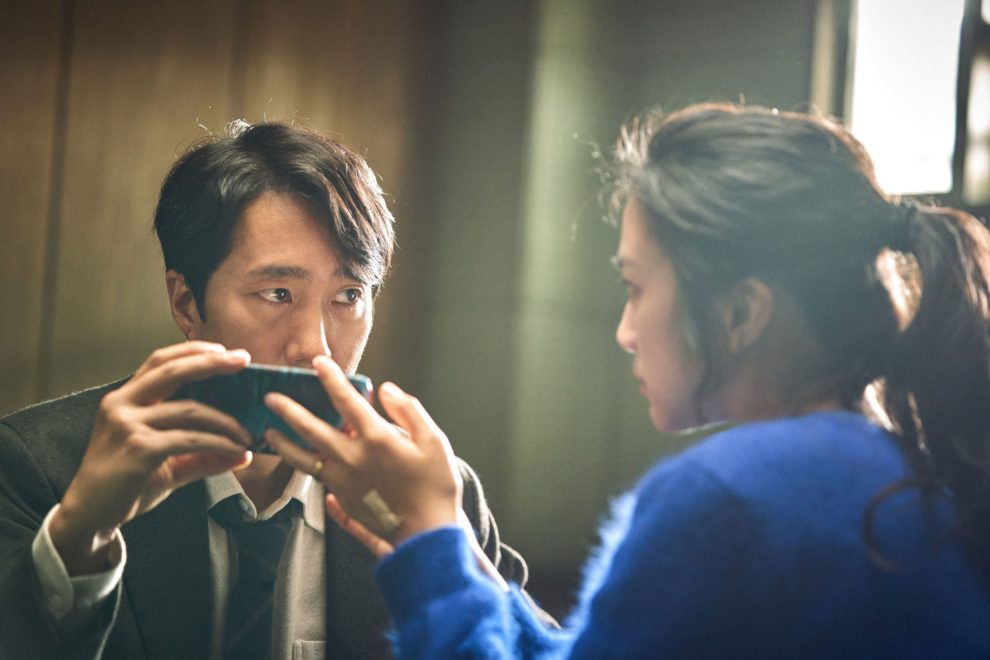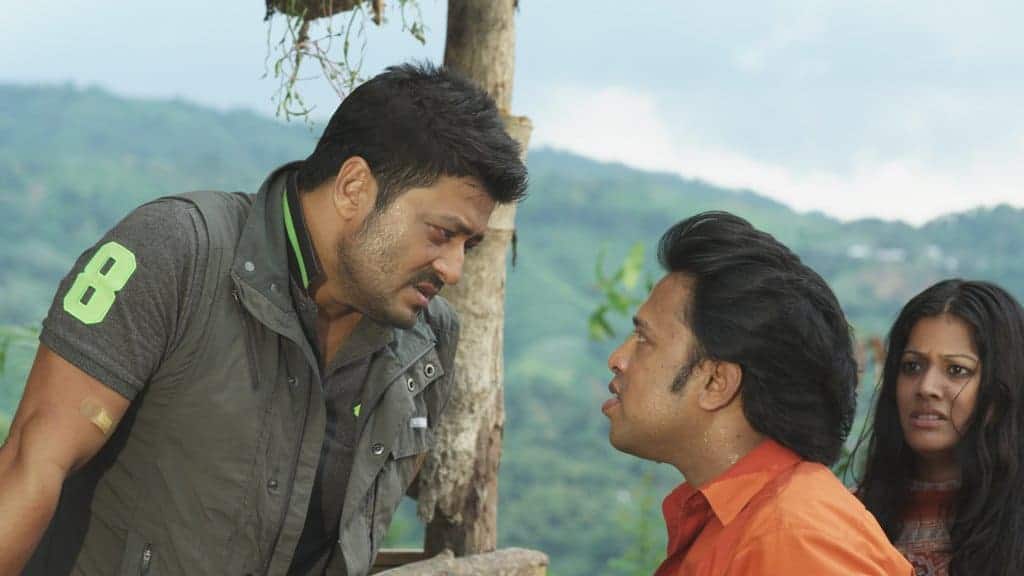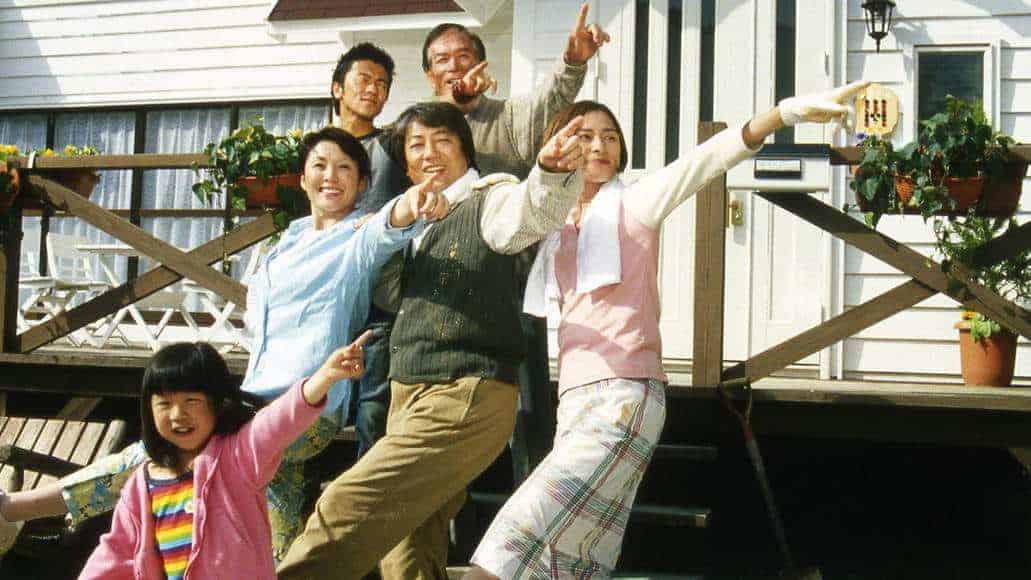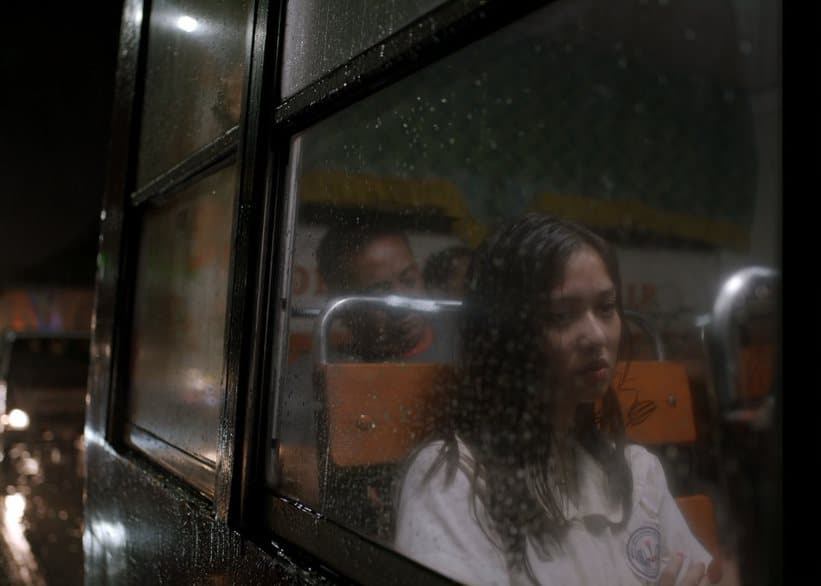Slow is the new action that only few proven masters can pull off, and Park Chan-wook is one of them. In “Decision to Leave”, his marvelous detective drama that competed in Cannes official selection, he has proven that the film's length has nothing to do with the degree of the comfort of a chair. And trust me, I know what I am talking about, because I watched the film from one of the most uncomfortable sitting opportunities in the Salle Debussy, those reserved for the late-commers, right at the end of the regular sitting rows.
“Decision to Leave” screened at Cannes Film Festival
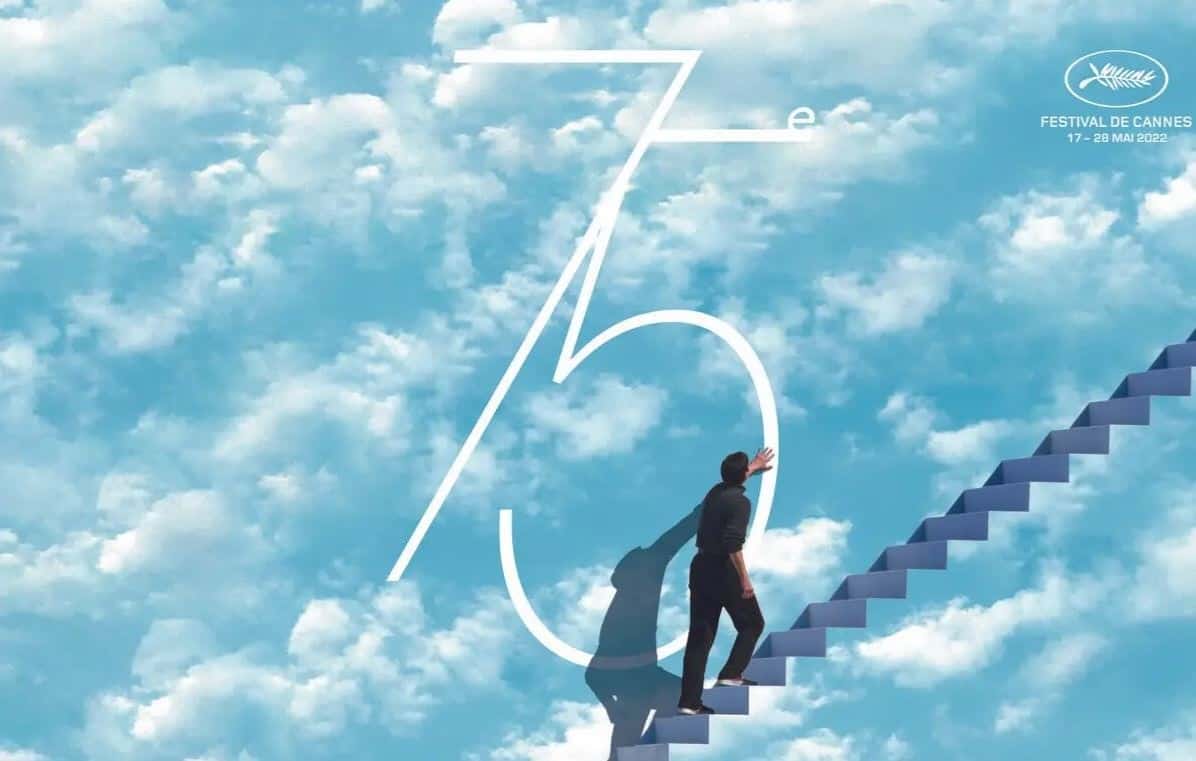
How is it possible that the time flows so smoothly when drama takes over action, and there is less going on from minute to minute, but we still feel like there is so much happening that we can barely hold our breath? I have no answer to this question, except that we can learn from Park Chan-wook's way of directing, always close to the audience, but never making compromises with his own ideas about how the story should be told. No matter what his pace, he does it, and this slow-burning candle won't disappoint even the most dedicated fans of “Oldboy”, “Thirst” and “The Handmaiden”, used to a completely different pace than the Korean master has pampered us with so far. There is never a sense of more action coming our way, and we do not miss it for a moment because there is so much more happening there, devastatingly human, raw and sad, that the criminal plot withdraws backstage, making space for the genuinely intriguing story about love and betrayal.
Hae-joon (Park Hae-il) is a detective who's investigating a number of mysterious murders, paying special attention to one recent case in which an experienced mountain climber allegedly lost balance, and fell of the cliff to his death. He is the only one who believes that something is dodgy about it, and although the homicide squad he works for supports him at the beginning trusting his instincts, they eventually give up the idea about a crime having taken place, and embrace much easier solutions. Slowly, but surely, Hae-joon's happy marriage to Jung-an (Lee Jung-hyun) is getting sacrificed to the God of insomnia and the battered male ego, for the simple small bans like smoking, or for being told off about sneaking out of the house in the middle of the night to investigate further.
It is through the dedication to this case Hae-joon's life will be turned upside down after he meets the victim's widow Seo-rae (Tang Wei), a Chinese woman who works as a nurse for elderly people, and who seems to be completely untouched by the death of her husband. Her cold acceptance of tragic news awakes curiosity in the pedant detective, who ends up sacrificing everything he clang onto, to understand who he is dealing with.
Hae-joon develops a form of obsession for his new suspect, and emotions get in his way of analyzing the case the way he always did up to that moment. We see his marriage slowly falling apart, and we couldn't care less. This is not a film we seek answers from, but one we like for what it is: unsettling, bold and close to what we recognize as our own flaws once we fall head over heels for someone. The cast is superb, and there is no way of telling which one of the two is better in bringing the story to the boiling point. The on-screen energy between Park Hae-il and Tang Wei is electrifying, and the pace their relationship builds up is so wonderfully slow and liberated from cheesiness, that you end up believing every single step of its genesis. It is, just like in real life, unpredictable and emotionally seen more simple to fall flat on one's nose than most of the films out there would want us to believe.
Kim Ji-yong's camera is perfectly tuned to show those switches in moods, and this first time collaboration between the cinematographer and the director proves to be fruitful. Every frame is shot as a study for a painting that needs to be delivered to a very demanding customer.
There isn't much of plot in “Decision to Leave”, and it is, in a way, very secondary to what we witness on screen. If there is one little thing to complain about, it is the film's length, but maybe I was just unfortunate of landing the most terrible seat in the cinema that made me physically feel every minute past the standard 90′. And, damn, giving the award for Best Director to Park Chan-wook was the coolest jury decision in Cannes this year, because – no other film could top its meticulous execution. This is a film that will be called a classic soon enough.


